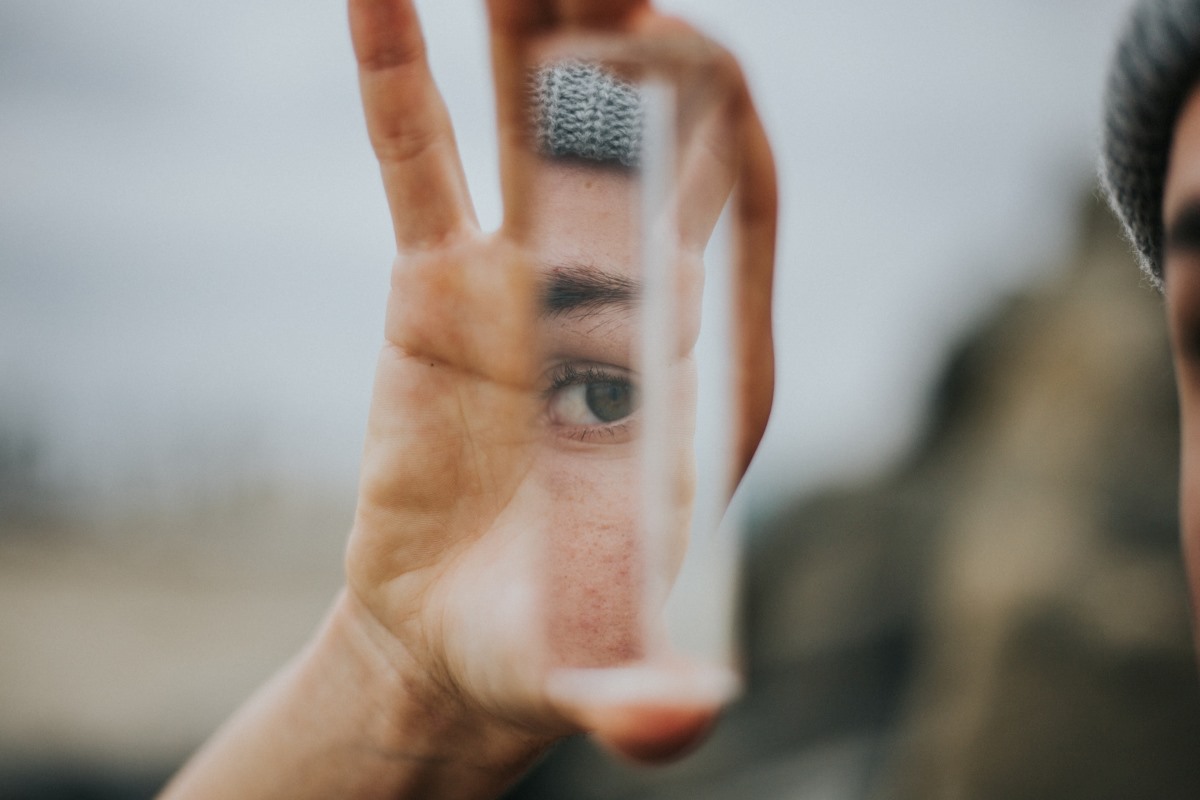Psychodermatology | The Important Relationship Between Mind and Skin
Today, the connection between the mind and skin is beginning to have more of an understanding, whilst notions of psychodermatology become more popular online. However, as social media triggers anxiety and fuels insecurities, it can do more damage than good, especially with younger generations.
To receive the Luxiders Newsletter, sign up here.
Mental wellbeing and skin have both, separately, been important topics of social media for a while. Now, the powerful link between the two is being investigated more to understand how they impact each other. The connection is undeniable, as research by CTPA reveals that 72% of people regard clear skin as a self-esteem booster. Consequently, having “problematic” skin also affects many people who suffer. According to the All Parliamentary Groups on Skin, 98% of young people with a skin condition report that their mental wellbeing is affected. Whether a skin condition amplifies stress, or stress amplifies the skin condition, a vicious cycle occurs that many people find themselves trapped in.
Stress responses to these conditions can include behaviours like avoiding mirrors and certain environments that attract attention to skin (like bright lighting). Especially for Gen-Z, many social media users have developed anxieties surrounding their skin online, exaggerated by the “skinfluencing” movement. Facial filters that transform skin to make it appear “flawless”, are also stretching the unrealistic standards even further. As the psychological impacts of skin is increasingly highlighted on social media, typical approaches to skincare are being challenged. In particular, psychodermatology revolves around the relationship between mind and skin.

© Solen Feyissa via Unsplash
WHAT IS PSYCHODERMATOLOGY?
The aim of Psychodermatology is to investigate the relationship between mental health and skin conditions. The psychiatric aspect is focused on the “internal” element of the condition, and dermatology focuses on the “external” element. Rather than prescribing a product, psychodermatology focuses on a personalised therapy service for the patient. It’s especially suitable for conditions such as acne, eczema and psoriasis, which are all associated with emotional stress. Psychodermatology doesn’t only address the relationship between mind and skin. As a treatment, it takes a holistic approach to improving symptoms whilst connecting the mental and physical aspects. Working through emotional triggers, patients are guided through the relevant techniques such as stress management, hypnosis and psychotherapy.
TOXIC WELLNESS CULTURE
The notion of psychodermatology has been appearing throughout social media for a while. Seen through trends like “healing from within”, topics such as #hormoneimbalance have been viewed over 1.4 billion times on TikTok. Countless videos about “how to minimise stress” and “how to balance hormones” are online, especially when addressing skin conditions. In these videos, it's not uncommon to see people advising others to change their lifestyle completely. Guidance along the lines of “cut out caffeine”, “get more sleep”, “eat these foods” are constantly being thrown at people, triggering even more stress.
Those who already have skin conditions are being bombarded with content “explaining” why they’re suffering. Combined with facial filters that hide any flaws, social media users are faced with the impossibly high beauty standards. It has created an immense pressure to look perfect all the time, even when it’s not real. This causes increased stress with those who already suffer which, in turn, affects the skin more. Using social media for medical advice poses a threat to mental wellbeing as, a lot of the time, “skinfluencers” give advice beyond their expertise.

© Kateryna Hliznitsova via Unsplash

© Vince Fleming via Unsplash
WHY IS PSYCHODERMATOLOGY IMPORTANT?
Despite dangers of social media fuelling skin insecurities, the concept of psychodermatology is still important to help treat patients holistically. As stress causes fight or flight responses in the body, this treatment helps identify the triggers to avoid extreme emotional responses. It’s also important to note that psychodermatology needs to be individualised, which is virtually impossible to do on social media. However, research has previously shown that the consideration of psychological factors has resulted in effective management in skin conditions for over a third of patients. So, if treated by an expert, psychodermatology could be a future alternative to skincare, healing the mind and skin.
+ Highlight Image: © Rocknwool via Unsplash
Words:
Jemima Patterson
Luxiders Magazine




